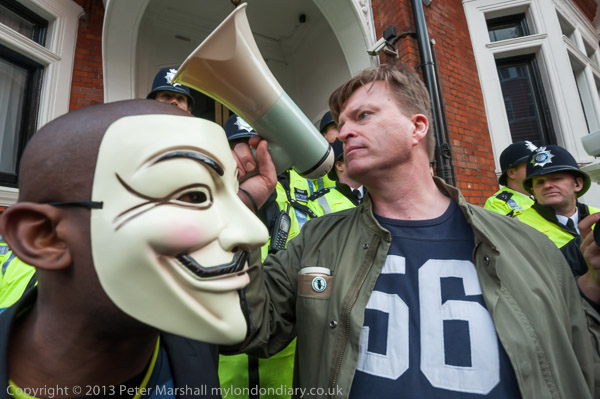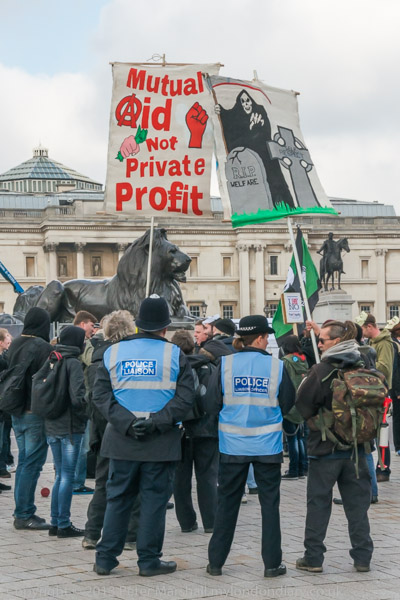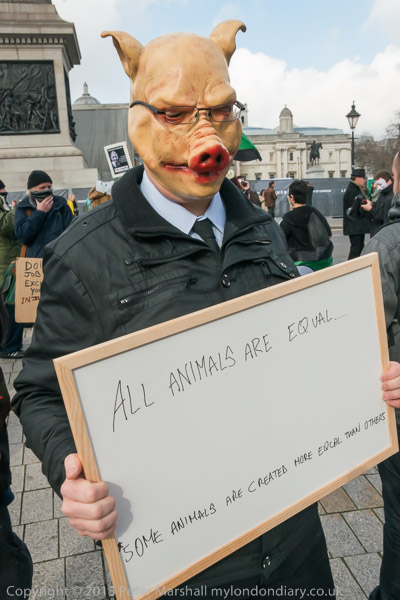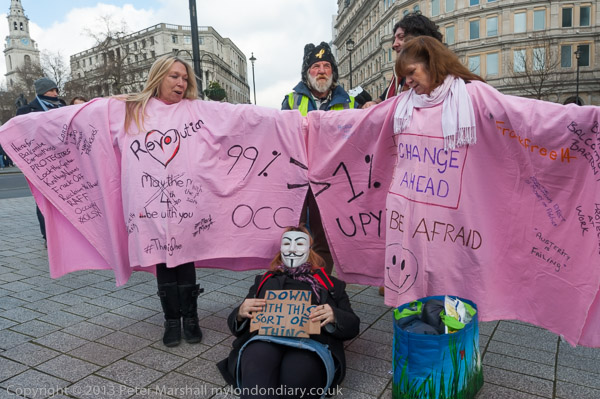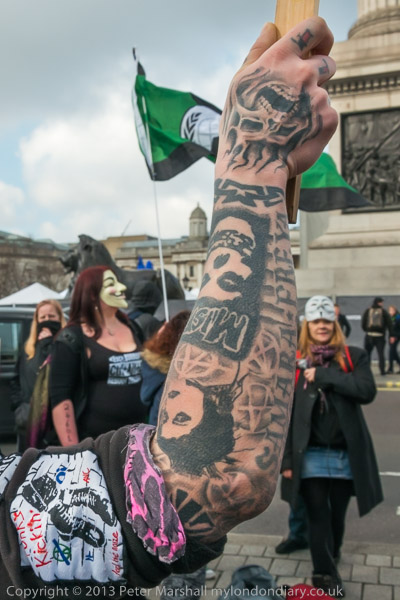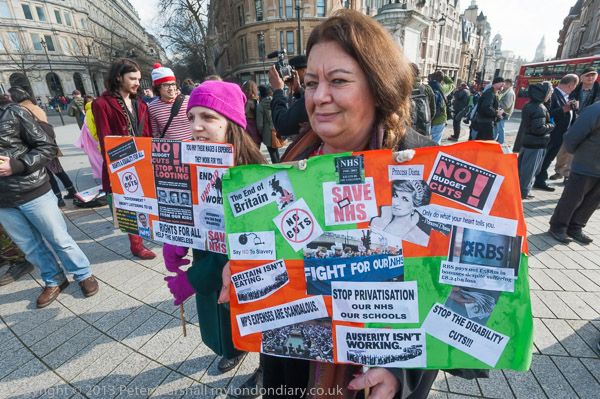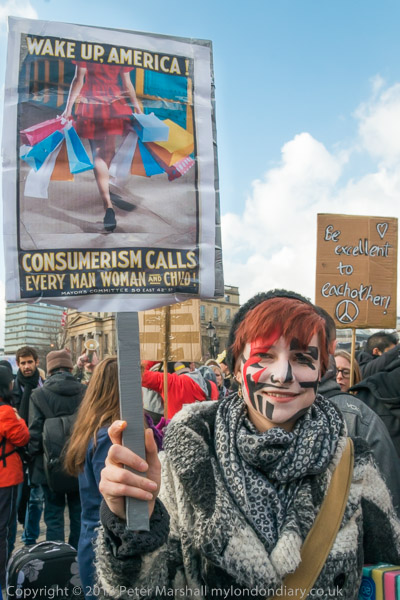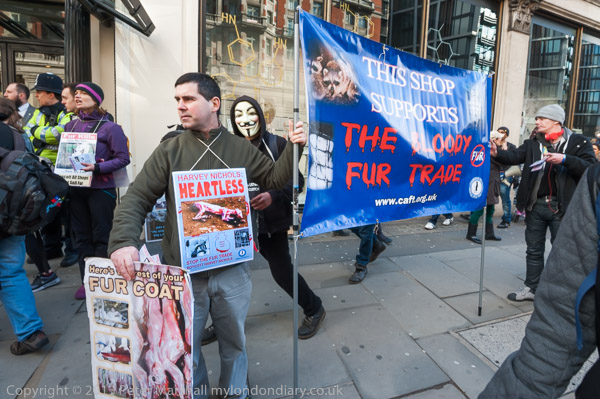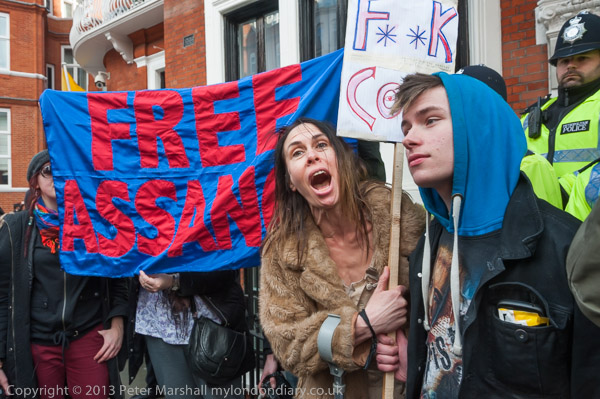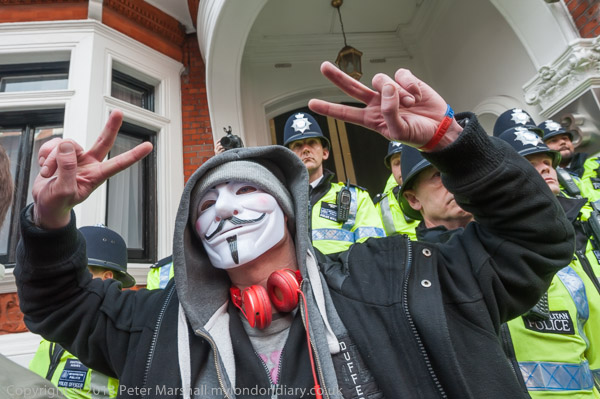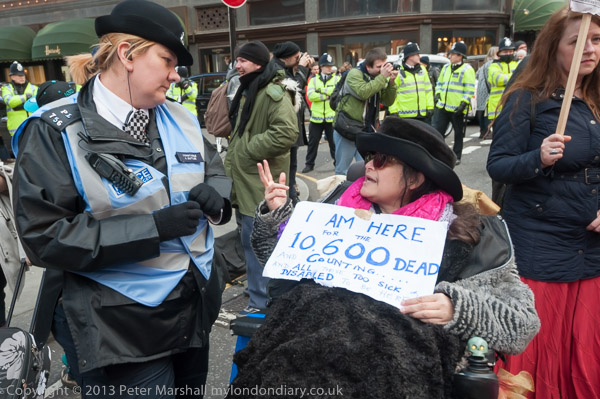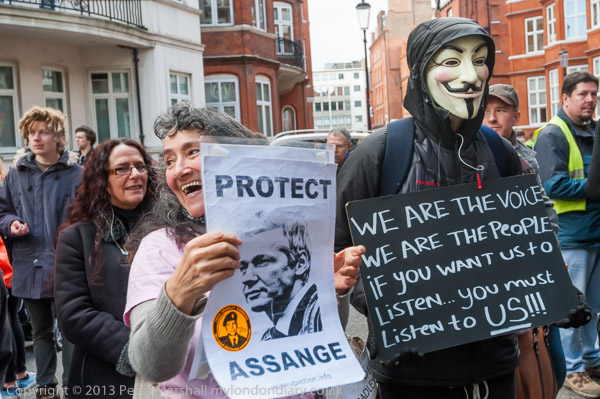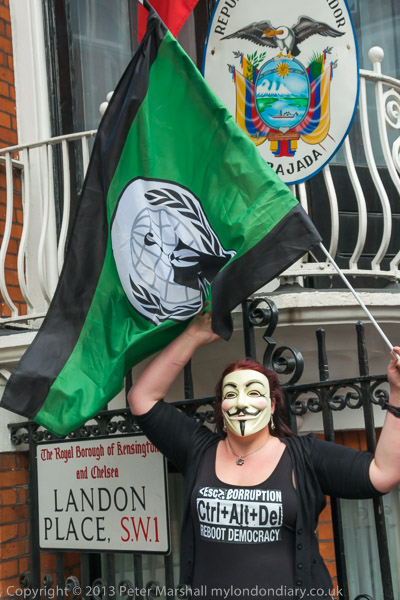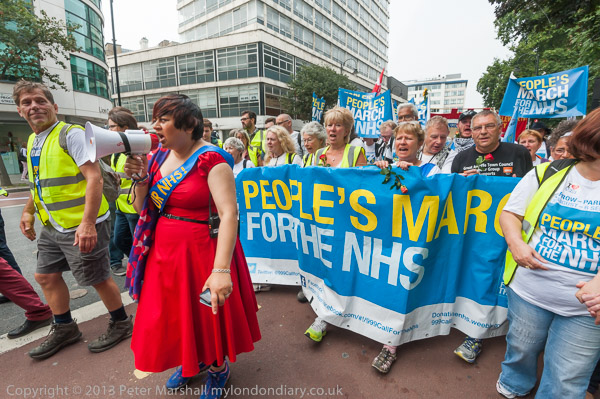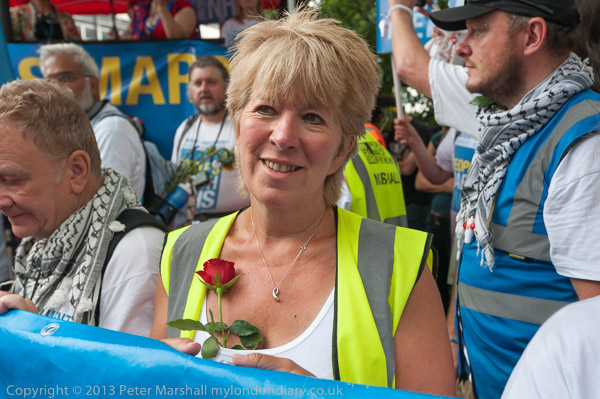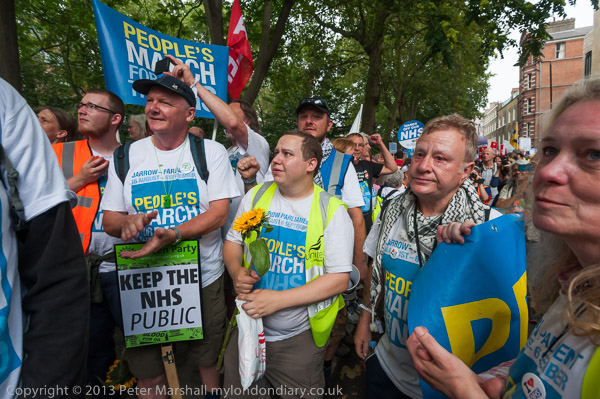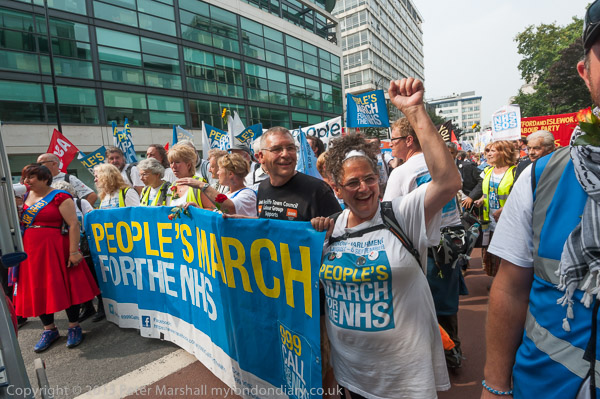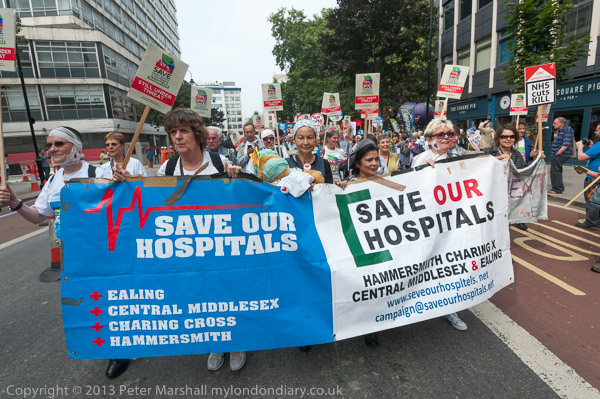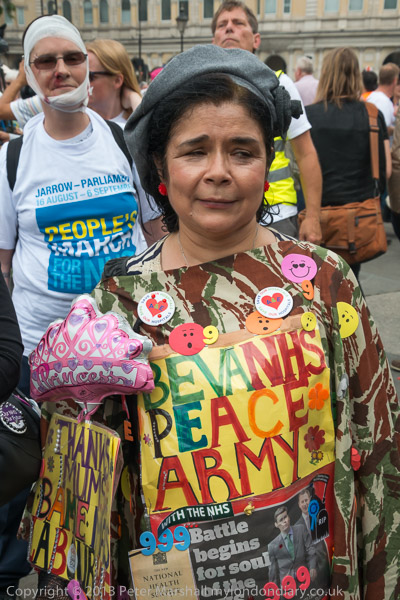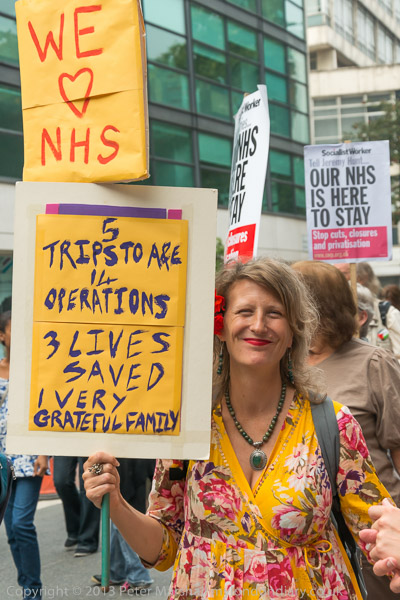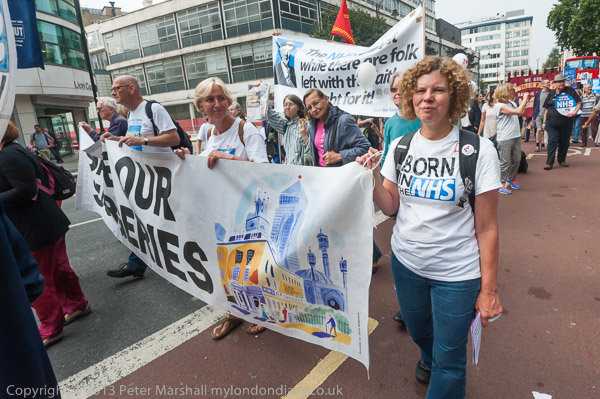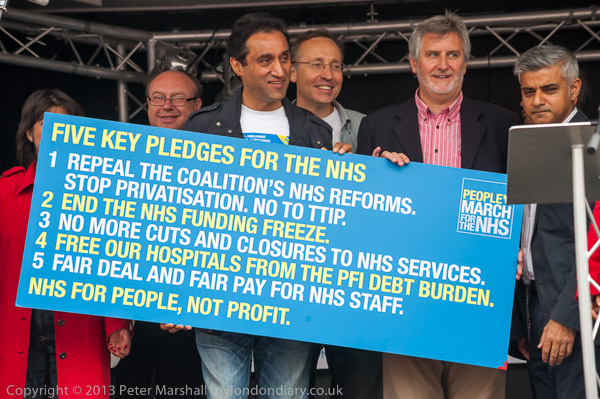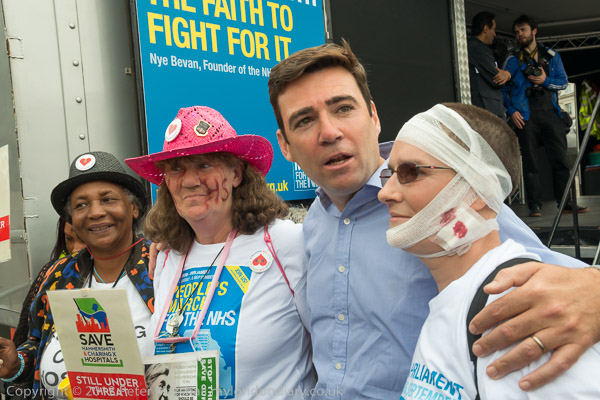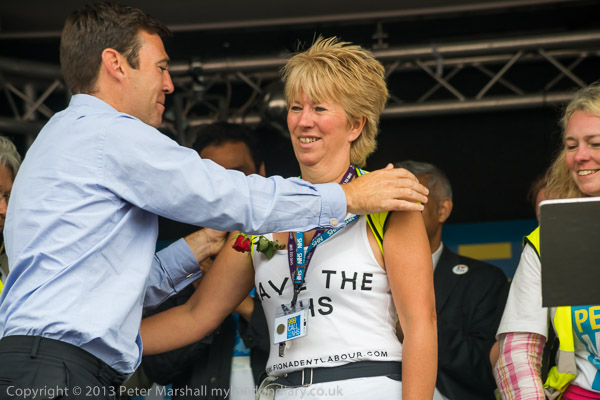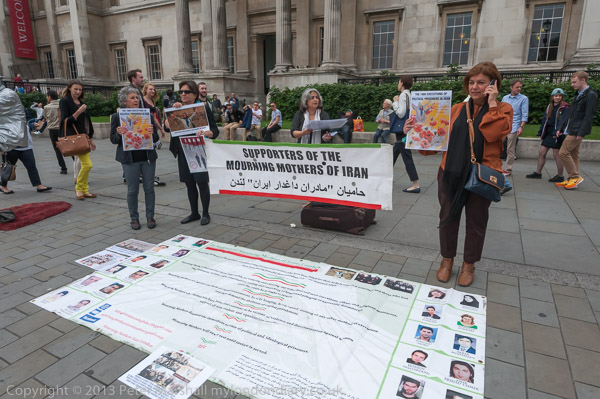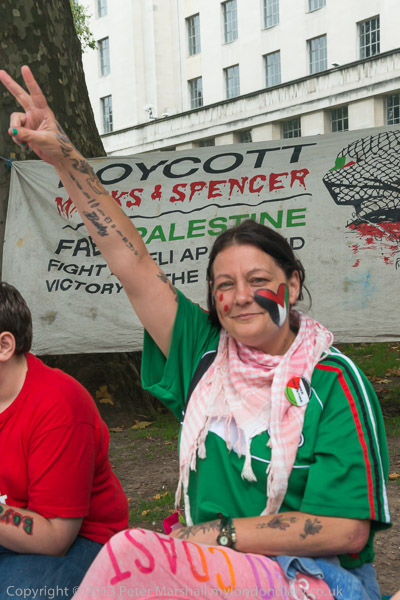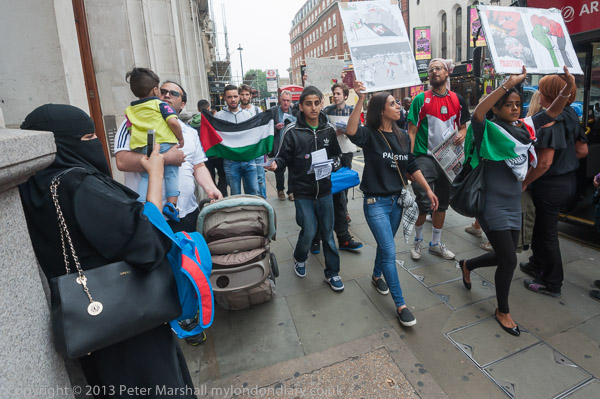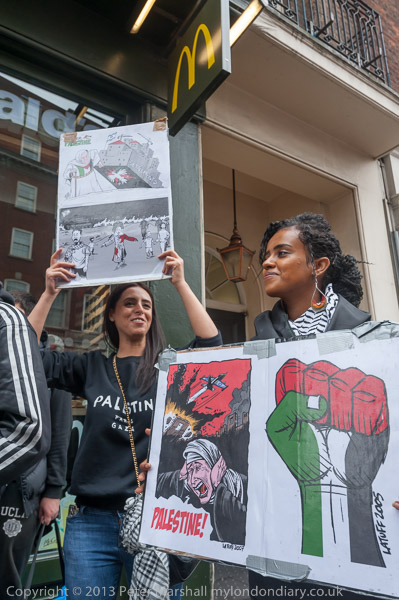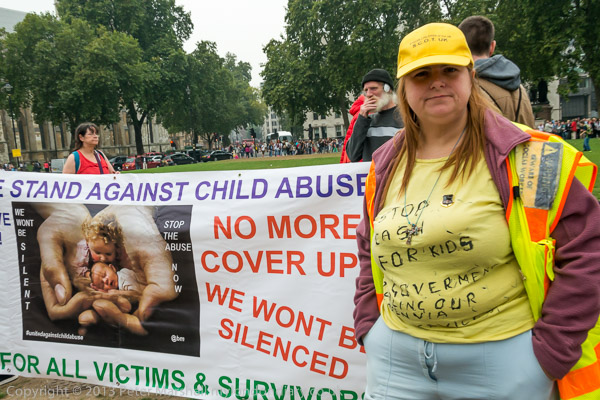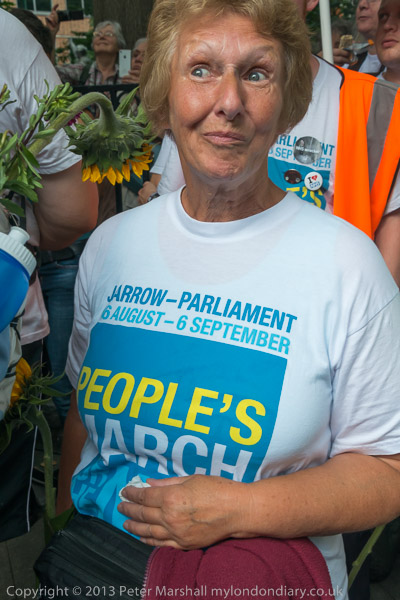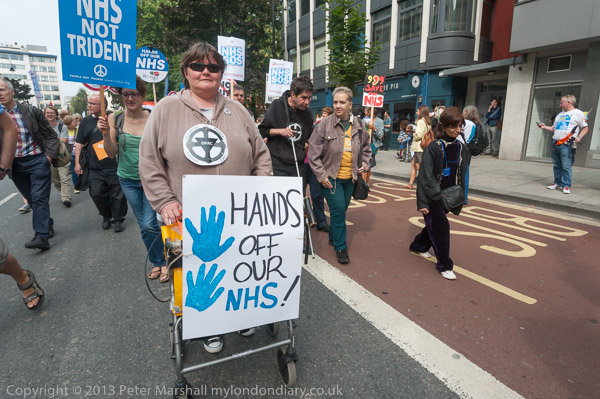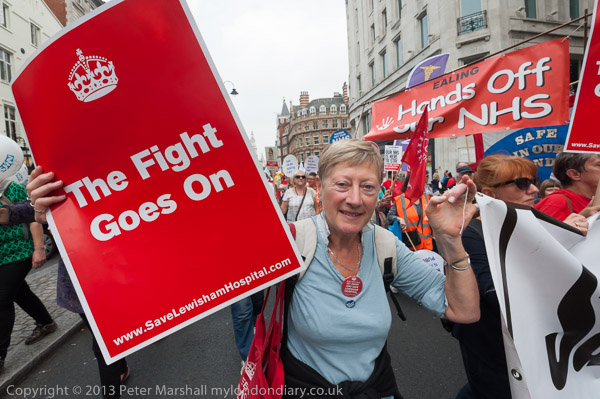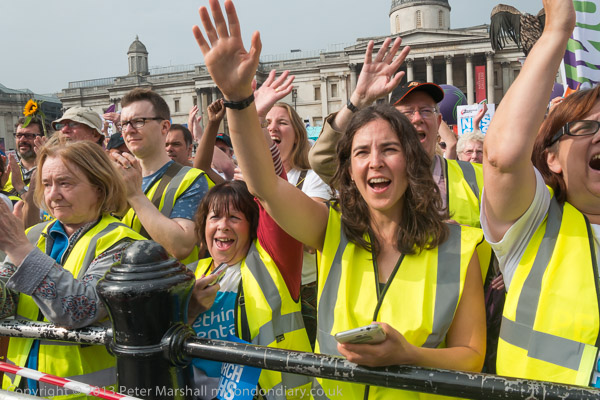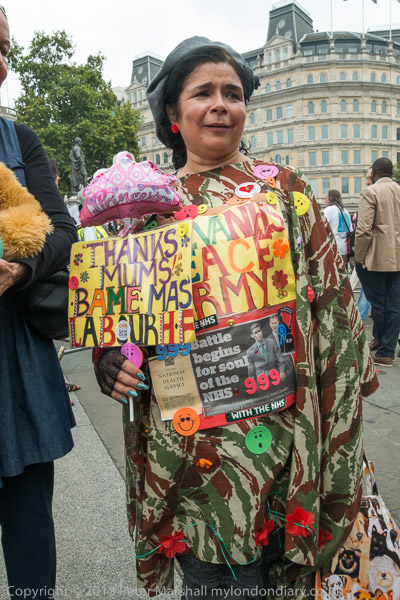End BP’s British Museum Greenwash – On Sunday 20th December 2015 I went with ‘actor-vists’ from ‘BP or Not BP?’ to photograph the play they were staging uninvited in the British Museum’s Great Court depicting ‘BP executives’ giving a farewell party to departing Museum director ‘Neil MacGregor’.
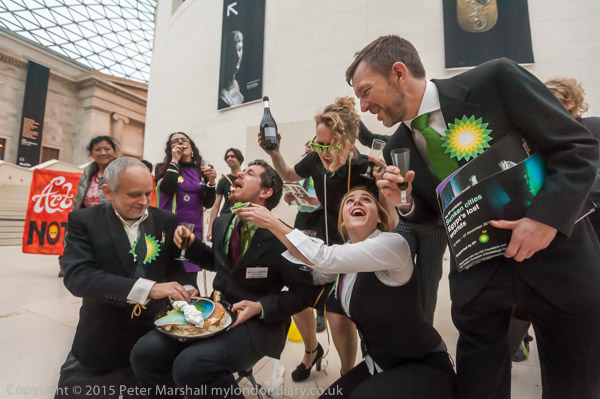
Climate activists were calling on the British Museum and other art institutions to stop accepting sponsorship from BP and other companies whose activities are accelerating global warming. This protest came just a few days after the Paris climate talks in which some were arrested for protesting inside the Louvre over its sponsorship by major oil companies Total and Eni.
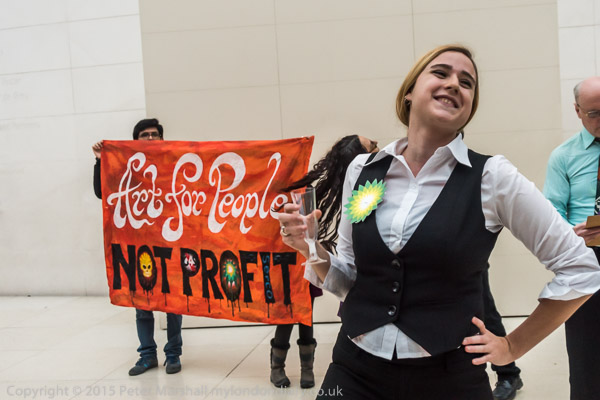
It was a part of a whole series of protests in the UK which eventually led the Tate, the National Portrait Gallery, National Galleries Scotland, the Royal Shakespeare Company and the Royal Opera House all to end sponsorship by BP. Their protests continued later in the British Museum, which in June this year (2023) finally appears to have decided to end its agreements with BP after 27 years. The only major cultural institution still partnering with BP is now the Science Museum’s education academy.
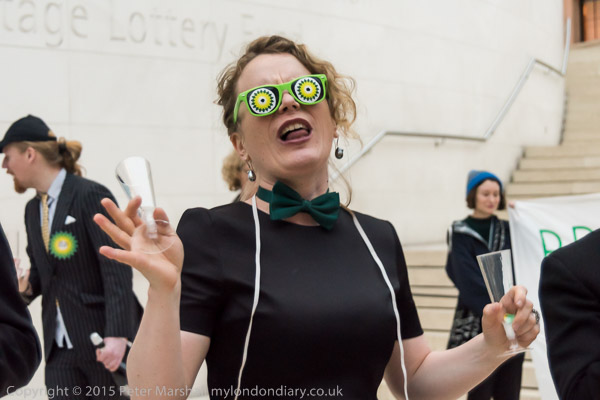
BP’s contribution to the Museum’s budget was relatively small, a fraction of a percent, but on my first visit for some years around ten years ago I was surprised and rather shocked by the engraved message on the wall of the rotunda in the Great Court and the many times the BP logo appeared on display texts. It also featured prominently on the publicity for the museum’s major exhibitions, including Vikings, Ming, Indigenous Australia: Enduring Civilisation, the Mexican Day of the Dead and Sunken Cities, the last two perhaps particularly unfortunate as BP has been given the largest corporate criminal fine in history of $18.7 billion for the underwater Deepwater Horizon oil spill which caused huge pollution of the ocean around the coast of Mexico.
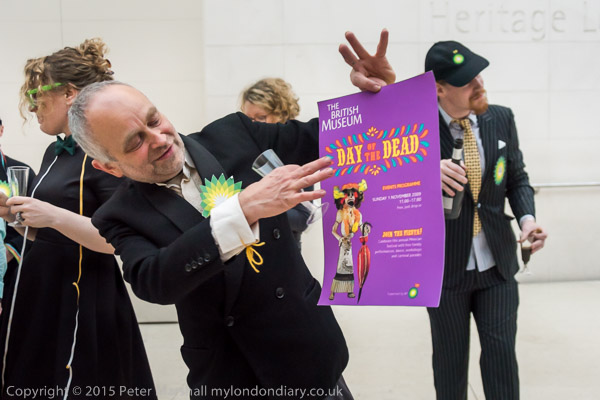
I’d got to know the British Museum quite well in the 1970s when my wife worked for a couple of years in the British Library which was then based there, writing entries for the catalogue and serving readers at the desk there. What had been rather dark lobbies around the central hall had been transformed into a large open area, but also the Museum had become very much a space promoting the “World’s Biggest CORPORATE CRIMINAL.’ The open space did however in December 2015 provide a great theatre for ‘BP or Not BP?’
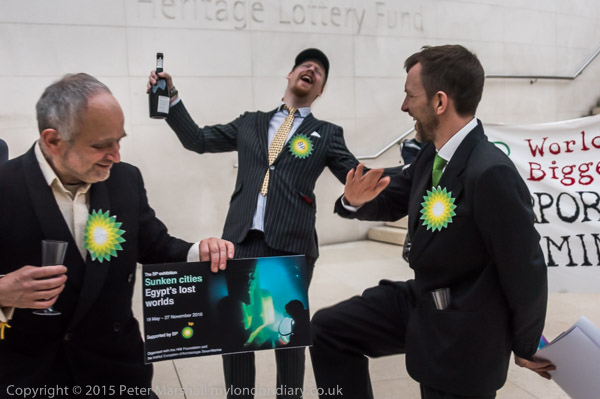
Around 20 performers had made their way into the museum carrying props and banners in bags, under coats and in pockets, and grouped in the Great Court in front of the Rotunda, close to where the message of thanks to BP is engraved in the wall. I think there was not a great deal of security although the performance had been quite widely advertised probably because many Museum staff are also opposed to or embarrassed by BP sponsorship.
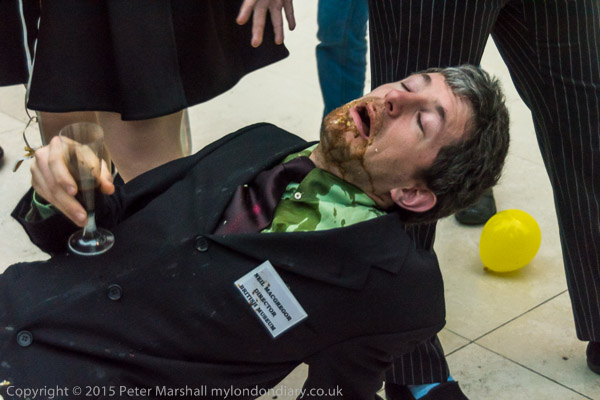
The play then began with the cast, dressed as BP executives, having a party and singing a song about departing director Neil MacGregor giving BP “cheap branding and a social license to operate through all the oil spills” to the tune of Robbie Williams’s ‘Angels’, then leaving the stage to three ‘BP executives’ who were shortly joined by the actor playing Neil MacGregor, who they thanked effusively for his support, listing and commenting about some of their activities including the various exhibitions.
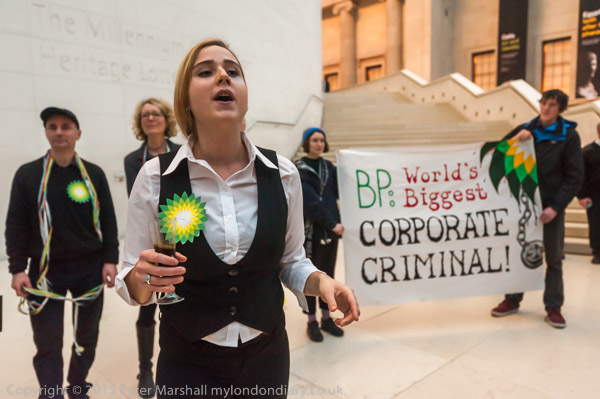
‘MacGregor”s reply to their thanks included various revealing quotes from e-mails he had written to BP staff which had been revealed by Freedom Of Information requests, and he was plied with oily champagne and a cake representing the world until he collapsed drunk. The BP executives then discussed how they would “befriend and bribe” new director, Hartwig Fischer, with “even more lavish dinner parties! … Business meetings! … Opening nights! … VIP Previews! … Exhibitions! … Screenings! … Drinks!” before ending with a toast and singing together to the tune of Auld Lang Syne a song whose chorus was (with some slight variations):
For all the OIL and lies, my dears,
For all the OIL and lies,
We gave a tiny sum of cash
Meanwhile the planet fries.
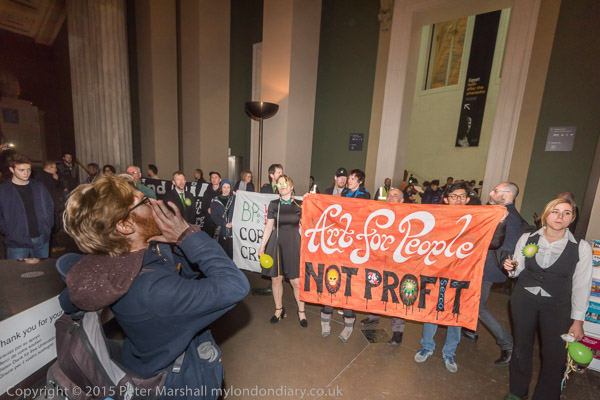
The group had been approached by a Museum security officer as they began the performance and had assured him it would be fairly short and they would then leave and I think the museum decided not to call the police. As the play ended they cleaned up the floor and marched out singing, pausing briefly in the foyer and then giving a second performance on the portico outside before we went to a nearby pub where I made a hasty edit and handed over pictures to them.
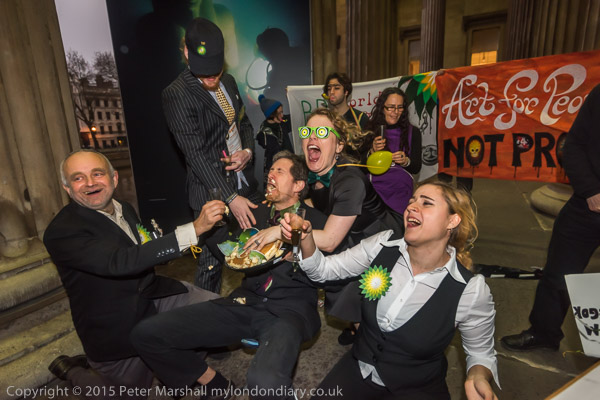
You can still see a video about the performance on the on the BP or NOT BP? web site, along with several of my pictures. I had taken a large number of pictures and those on My London Diary are largely the out-takes from the large set for the performers.
More pictures at End BP’s British Museum Greenwash.
Flickr – Facebook – My London Diary – Hull Photos – Lea Valley – Paris
London’s Industrial Heritage – London Photos
All photographs on this page are copyright © Peter Marshall.
Contact me to buy prints or licence to reproduce.
